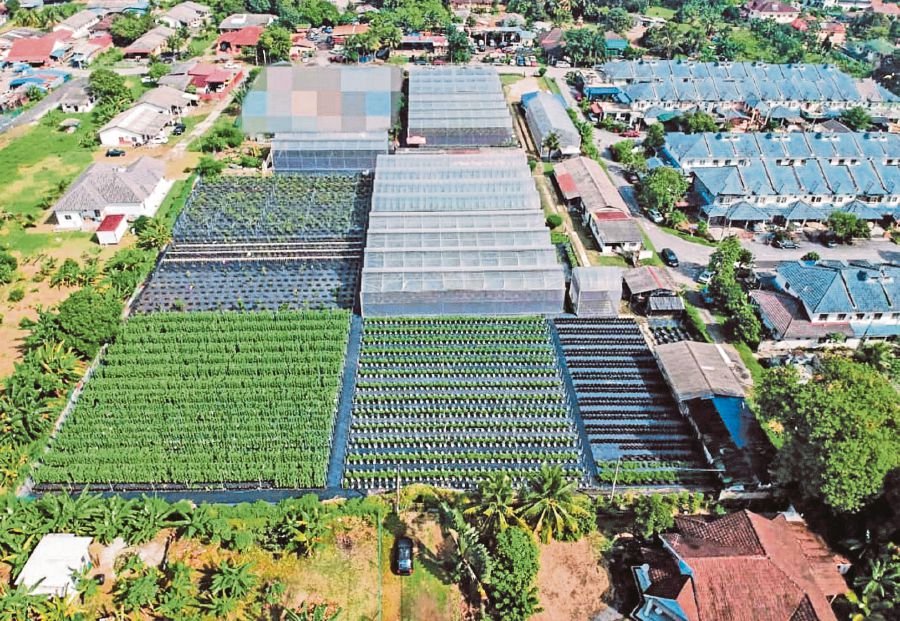'Recovery plan should stimulate local economy'

By Dawn Chan - June 5, 2020 @ 9:20am
KUALA LUMPUR: Malaysia should focus on stimulating the economy to cushion the impact of the Covid-19 pandemic.
Bank Islam chief economist Dr Mohd Afzanizam Abdul Rashid said the government's short-term Economic Recovery Plan should focus on promoting domestic growth.
"Fast execution of infrastructure projects should help boost activities in the construction space.
"This would have multiplier effects to other industries, such as building material, machinery and equipment, finance as well as professional services," he told the New Straits Times yesterday.
Afzanizam said the government should consider setting aside more allocations for the special relief fund for small- and medium-scale enterprises as there was an urgent need for them, particularly those in tourism.
"There should also be a plan to facilitate businesses to shift industries. In that sense, addressing the skill gaps via training is necessary to allow the shift to occur seamlessly," said Afzanizam.
He gave an example of how the government could use the resources of its agencies to provide training to those who wish to participate in the agro-food businesses.
"Malaysia has been recording sizeable trade deficits in foodstuff for many years. Perhaps, its time to re-look at the agricultural sector more holistically.
"This is to yield better productivity with the help of technology. Along the way, there could be more job creations in the sector."
Employees Provident Fund (EPF) chief investment officer Nurhisham Hussein hoped the ERP would include elements to lift the burden of the people in the wake of the pandemic.
He said these initiatives could include providing extra financial aid to families, easing business operational costs and boosting digital infrastructure.
"I feel that there should be an extension of the government's Bantuan Prihatin Nasional, a one-off cash assistance to families, as they need it more rather than single households.
"On the business side, the government could look into reducing the cost of running a business, such as licensing fees, at least for the short term," said Nurhisham, who is also EPF chief strategy officer.
He said the government should jumpstart investments in the green economy and improve the digital infrastructure, as there was critical need for it following the pandemic.
"Data from schools and universities revealed that students can't get online (due to lack of Internet access) or don't have access to laptops to join home-based learning sessions.
"There are also other issues, such as only one device per household.
"These are the little things that will need to be considered, their day-to-day challenges. We know the government is embarking on plans on a bigger scale to assist the economy, but not everything that was intended for the people got to them."
Nurhisham said as businesses in the country were starting to resume, it was important for the government to ensure that its standard operating procedures (SOP) were streamlined.
He said this following confusions that arose when some state governments had come up with their own SOP, which could be different than those from federal SOP, leaving businesses with two sets of rules to comply.
